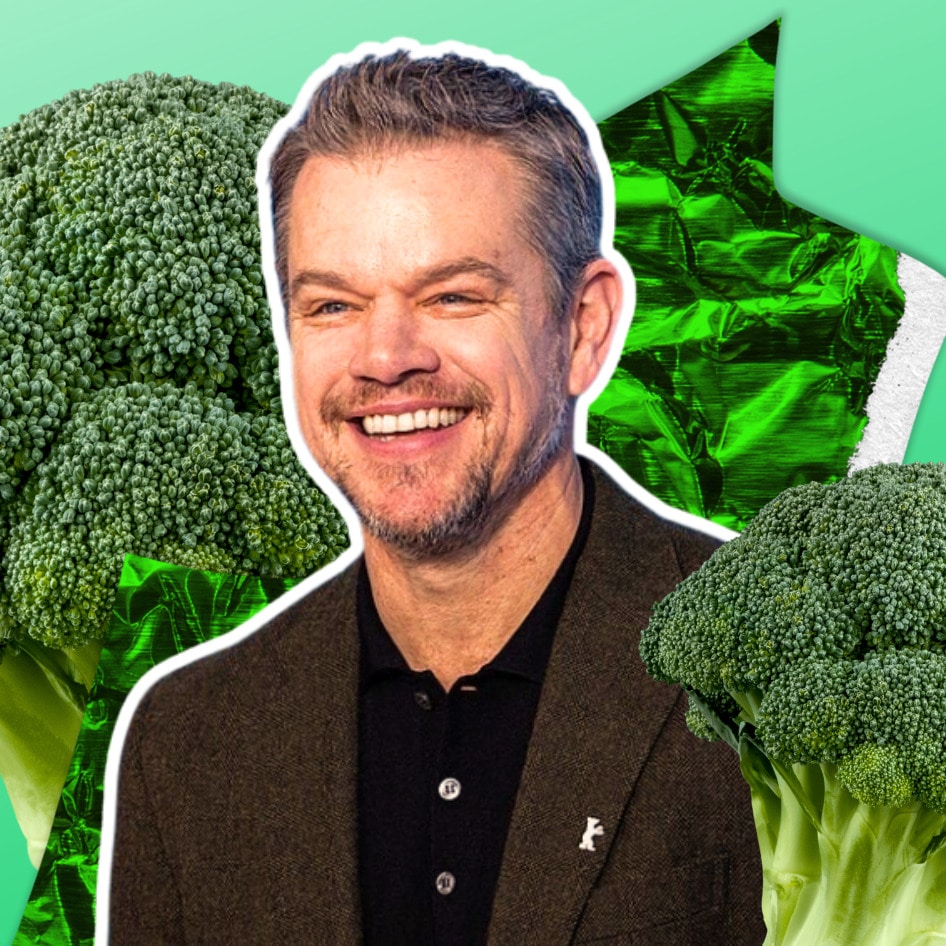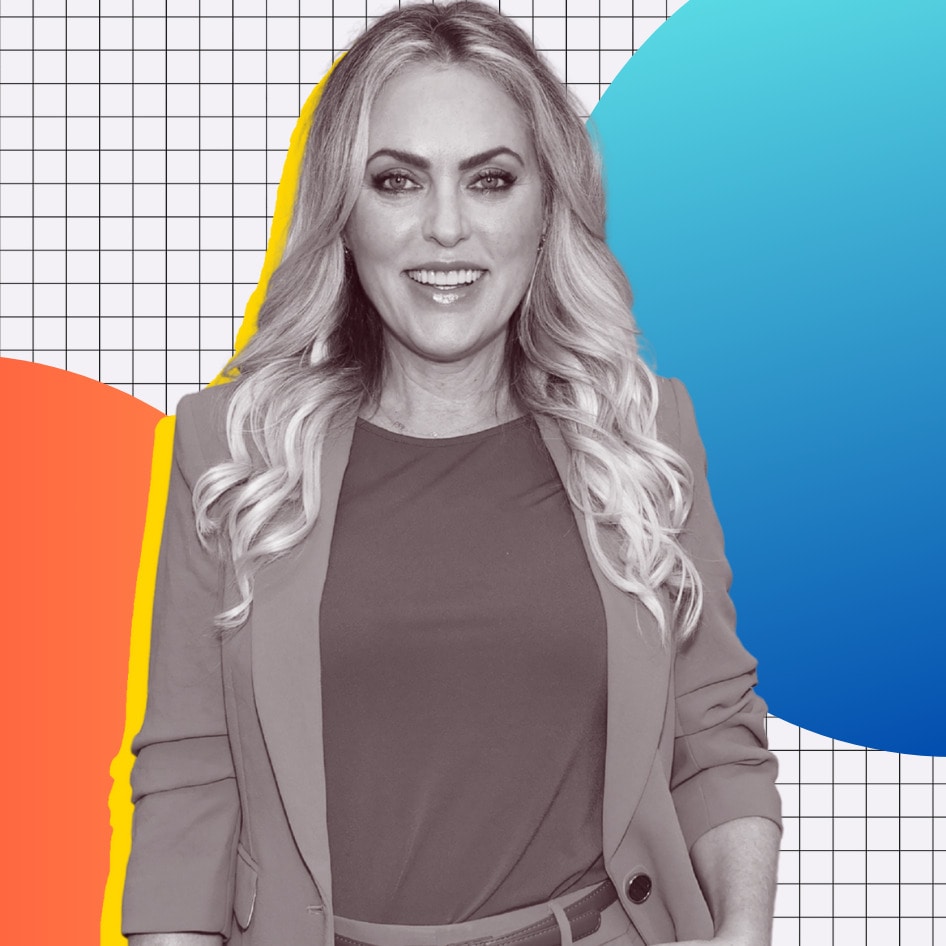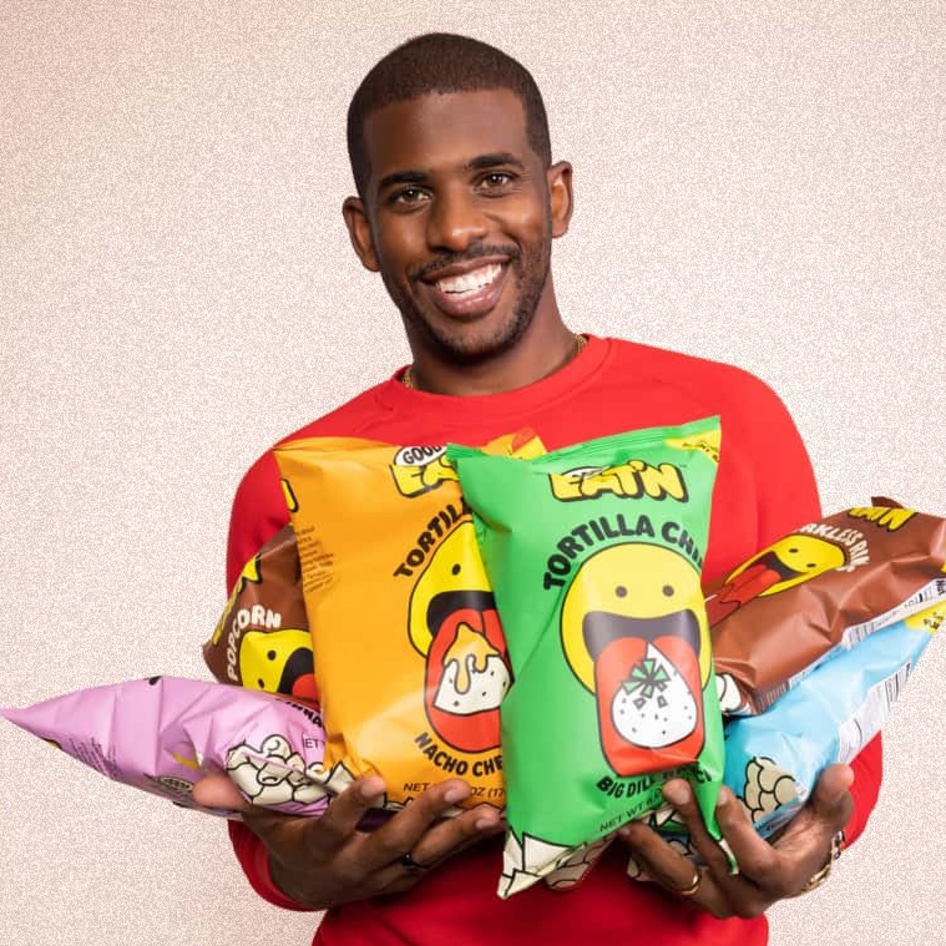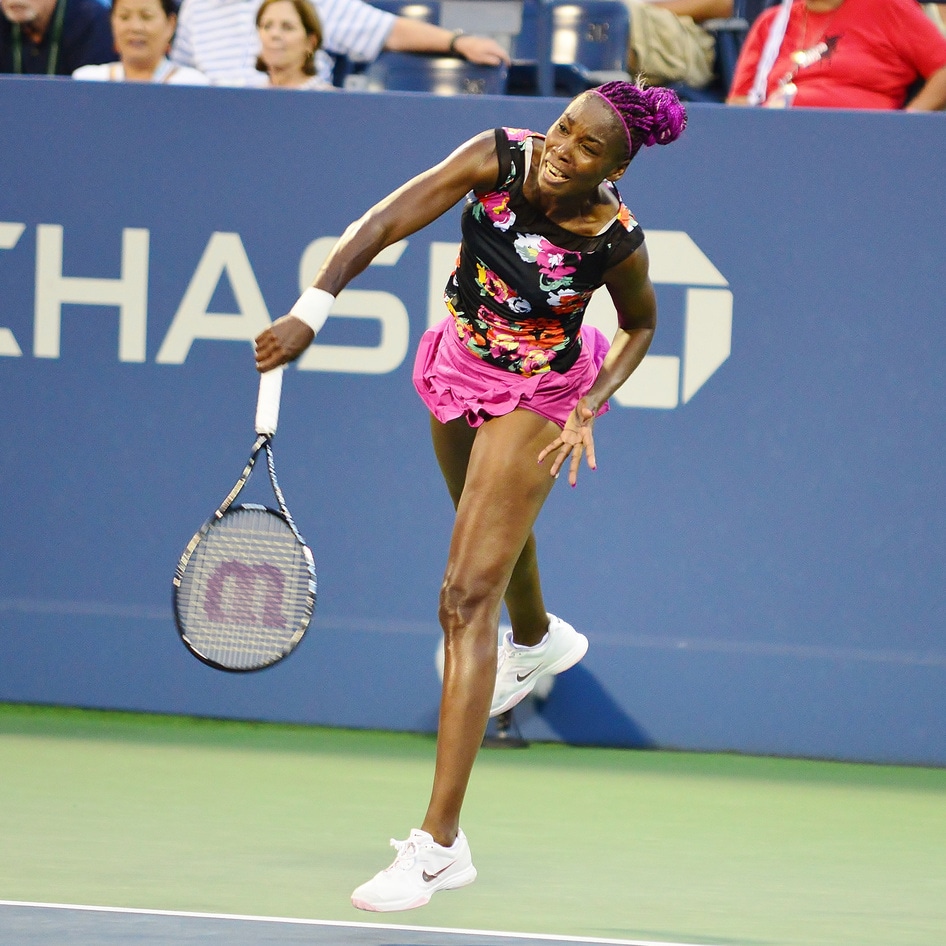Progressive Parenting with Actress Mayim Bialik
The brainy star of The Big Bang Theory shares insight on staying sane, happy, and healthy as a modern vegan mom.
April 15, 2012
Although best known for her acting chops, Mayim Bialik has much more on her plate than just her hit TV show, The Big Bang Theory. Between her entertainment career, social-activism projects, neuroscience studies, and busy life as a vegan mother of two, Bialik has managed to impress us even further by penning a book about parenting. In Beyond the Sling, she shares her personal triumphs, philosophies, and strategies for developing fulfilling, low-stress mother-child relationships through attachment parenting, a set of principles designed to develop trust and compassion through an emphasis on nurturing and bonding. We caught up with this multitalented mom to get the scoop on how she manages to do it all with grace and a smile. There’s just one more thing we’d like from Bialik—a cookbook!
VegNews: For those of us who aren’t familiar with attachment parenting, what is the fundamental philosophy?
Mayim Bialik: I think the main thrust of it is that the natural way that children exist gives very strong indications of how they need to be treated. So the way that mammals give birth, and feed their young, and sleep with their children—these are all things that attachment parenting looks to. But attachment parenting is also reflected in gentle discipline, methods of caring for your children that are consistent with building up relationships, and a lot of green and holistic people embrace it as well, since there’s an emphasis on balancing your life. And many attachment-parenting people also choose to lead a less consumer-heavy lifestyle, but that’s not necessarily [the philosophy]—it’s just something that many of us tend to do.
VN: How does your background in neuroscience influence your parenting attitudes?
MB: A lot of my neuroscience training informed the parts of the books that focus on hormones, of pregnancy, labor, breast-feeding, closeness to your baby, and things like that. But I think some of the larger issues are not specific to scientists per se. Because the book is very personal, my experience as a scientist and as a person of faith to me has become very tied to an environmental consciousness, which in our house, looks like veganism. But—and this is the complexity—it doesn’t look like that for everyone. I tried to explore some of the principles that might allow people to understand it better, that might open up a window for them to understand some of the decisions that vegans make.
VN: Have you found the attachment-parenting community to be a place where you can share veganism?
MB: Yes! I can’t say that my husband and I were attachment-parenting people from the get go. But we’ve found a lot of openness for a lot of variety in this community. True liberalism is allowing for all variations in choice. And although our personal choice is veganism, we’ve found that the attachment parenting community is open about a lot of things. So we have a handful of vegan friends, and we also have people who weren’t vegan but who are now partaking. My friend Denise Herrick Borchert—she’s a photographer who has worked with VegNews—introduced me to veganism. And then our friend Nancy started experimenting with it. It’s spreading in our little circle in really neat ways. Now, Denise and I are doing a no white sugar, unprocessed diet together, actually. For her, I think it’s more of a lifestyle, but I’ve been doing it as more of a cleanse, I’m just really loving it. I’ve been I think about 90-percent raw for two weeks. It’s awesome. I literally haven’t eaten anything with more than three ingredients. It’s really been fun!
VN: Would you say that you generally experience positive reception from non-vegan parents when you talk to them about vegan parenting?
MB: No (laughs), it’s kind of a mixed bag, you know? A lot of people don’t understand it, and feel judged even though I’m not judging and haven’t even opened my mouth aside from saying “I’m vegan.” Social stuff can be hard, but living in a part of the world where there are so many variations, we know kids who are gluten free, or have allergies—my little guy is allergic to soy and cashews. So I feel like being vegan is one more thing, but I feel very fortunate that especially in LA, if our boys go to someone’s house for a playdate, most parents know what vegan means, they know not to feed our kids certain things, and that it’s not funny to feed them things that aren’t vegan. The more information I have, the better informed a vegan I am to try to spread positive information. I recently started writing for kveller.com, and I decided that I wanted to write a piece about vegan pregnancy because I feel like it’s been getting a bad rap.
VN: How do you explain the concept of veganism to your children, or how do you think that they view it?
MB: I think that they view it the same way they view that we have a kosher house: There are certain things we eat and there are certain things we don’t. Just as my three-year old doesn’t understand the concept of the Torah and its prohibitions, I don’t know that he would understand yet the complexities of environmental, ethical, and health reasons why we’re vegan. But for us it works to say, this is what works for our bodies. Dr. Gordon, our pediatrician—who is vegan—this is what he says builds our bodies and our brains best, and this is what works for our family. I don’t want to have children who are judgmental of other kids or adults, what they eat … Our older son is six, and I think we will start more kind of age-appropriate information about some of the choices we make
VN: It seems like most children are actually born with that deep sense of compassion and sort of love for animals.
MB: It varies by family when you want to introduce that. For our boys it’s kind of funny, if there’s a play-set of food and there’s chicken. My older son will say, “Chicken? Who eats chicken?” I don’t know that he’s even had that chickens-walking-around-are-the-chickens-that-he-hears-about-people-eating moment—I don’t know if that’s happened for him, but suffice it to say that they have a really varied, rich, exciting diet. We eat out, we eat in. And yeah, at birthday parties their lives may look different from other kids’ but to them, we haven’t had a problem.
VN: If the day came when one of your children wanted to try cheese or a burger, how would you handle their request?
MB: I think being a Jewish kosher person has kind of warmed us up for that. There are certain foods we just don’t eat. It’s the same way that we deal with discipline. If you give a no, you have to give two yes’s. So if it’s “no, you can’t have that cookie,” it’s “you can have this cookie,” or “you can have a carrot,” or “you can have an apple,” or “you can have a handful of almonds.” The concept of gentle discipline and starting healthy habits with breastfeeding, those are things that have really served me well in the choices we’ve made as vegans.
VN: How do you balance the philosophies of attachment parenting, which are so nurturing and so focused on being close with your child, without “hovering”?
MB: There are plenty of hovering parents who practice attachment parenting, but to be quite honest with you, there are plenty of parents I know who don’t practice attachment parenting who are also hovering. I think that might occur statistically more often in attachment parenting, but it’s not really my style. I think that’s personality, I think it’s anxiety and a lot of other things. A lot of people are surprised when I say that I’m really not that big on handwashing, or “you have to sit here when you eat,” or “I’m going to watch you eat that and make sure you don’t choke,” or “don’t get dirty, and use antibacterial wash”… it’s not my style. I’m really for kids exploring, playing, being adventurous, and being however they naturally want to be. To me, it’s more about the personality of the parent, and I’ve found that that does shape the personality of the child more. But [people] want to hear that there’s an easy way to have the perfect kid and be the perfect parent. And unfortunately, you kind of have to dig deep into your own crap when you become a parent, and you find out a lot about what pushes your buttons. But it also helps you grow—it’s the birth of you as an adult.
Chat with Mayim, Sayward Rebhal, and Jesse Miner about the joys of vegan parenting at our next Twitter Chat, coming April 18.
JUMP TO ... Latest News | Recipes | Guides | Health | Subscribe







